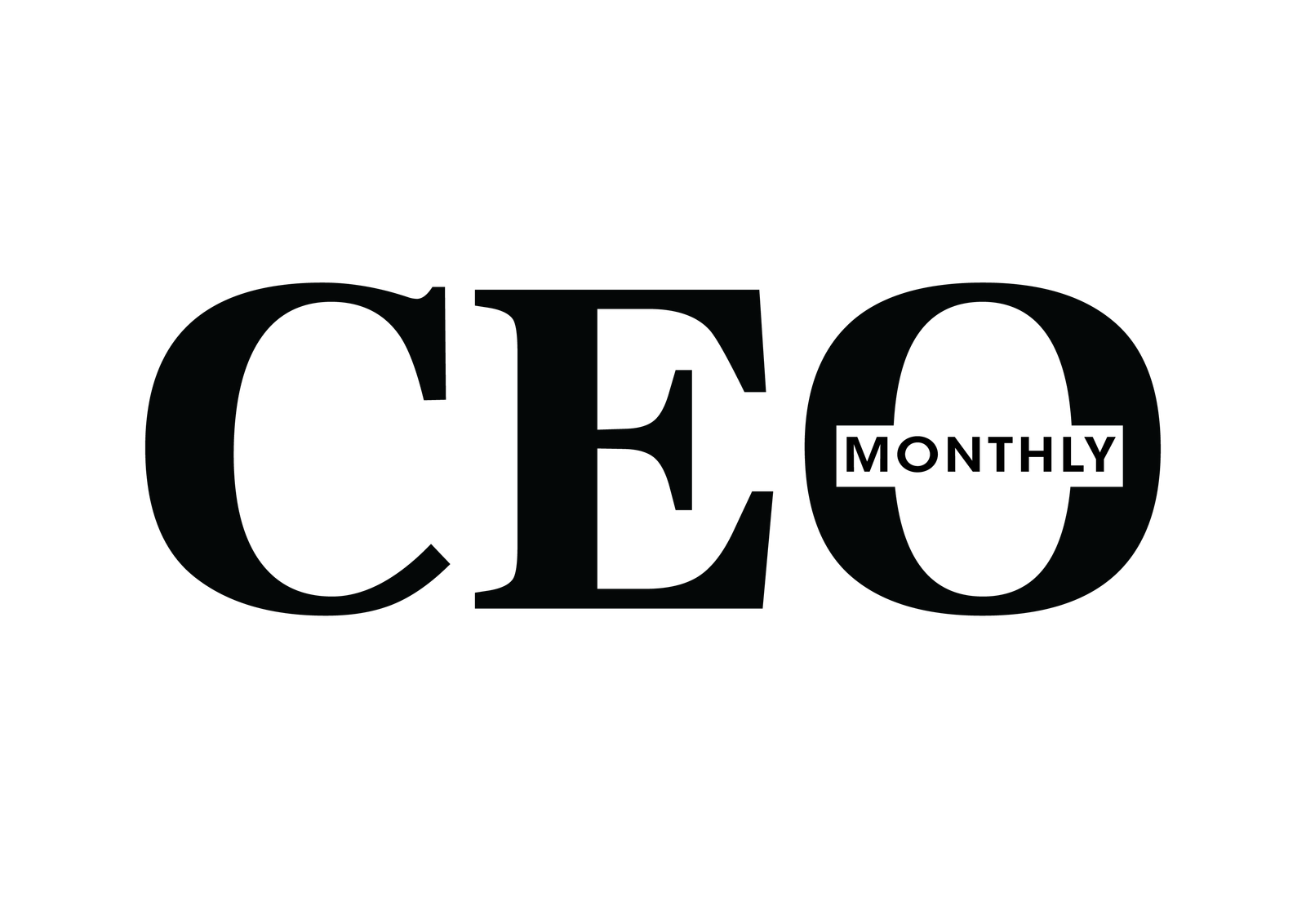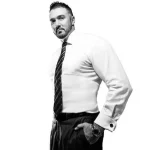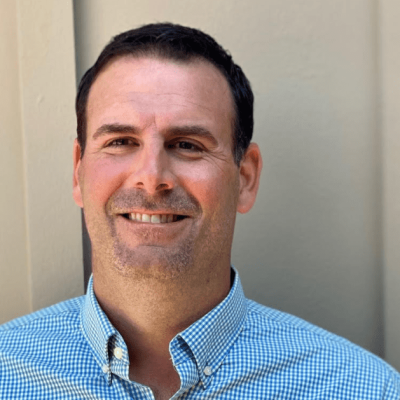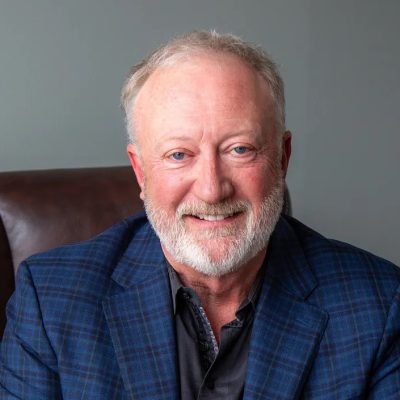Mike Peregrina is the Co-founder and President of Homie, a real estate technology company changing the way real estate is bought and sold by eliminating high fees and commissions. Prior to Homie, Mike worked at Mercato Partners, a leading venture capital firm focused on investing in the software and consumer-branded products industries.
Before Mercato Partners, Mike was an investment banker at Valtus Capital Group, a boutique investment bank focused on assisting mid-sized businesses in the real estate, hospitality & gaming, and consumer products industries, raising institutional debt and equity, and advising on mergers and acquisitions. Mike has assisted entrepreneurs and their companies through $2B+ in transaction value. Mike earned a BSBA in Finance at the University of Nevada Las Vegas.
Thank you for joining us today. Please introduce yourself to our readers. They want to know you, some of the background story to bring some context to your interview.
Mike Peregrina: I was born and raised in the inner city of South Central, Los Angeles, California. I grew up two blocks away from USC, so I always thought I would play football and study architecture at USC my entire life. My mother was divorced by the time I was about five or six years old, and she raised three kids all by herself for nearly ten years. During that time, my mother bought a home – a shot at the American Dream, but the mortgage payment was too much. She worked four jobs to make ends meet, but it was just too hard. So, my mother rented the house and we lived in a garage for almost two years with no HVC and plumbing. My mother worked so hard, trying to keep a roof over our heads.
My mother eventually remarried; my stepdad had a taco shop in South Central LA, but he was getting mugged at gunpoint so often. Someone had told him Las Vegas was growing fast, so he sold his shop, and we all moved to Las Vegas.
I graduated high school in Las Vegas and pursued architecture at UNLV. During that time, I, unfortunately, got caught in the subprime mortgage/real estate crisis. I lost it all in 2008. I decided to go back to college to gain a new skill set. After I finished my finance degree at UNLV, I started my career as an investment banker at Valtus Capital Group, a boutique investment bank focused on advising middle-market businesses on institutional debt & equity raises and on mergers & acquisitions in the real estate, hospitality/gaming, and consumer products industries. I worked on transactions totaling $2B+ in value and learned the nuances of capitalization, financing strategies, and M&A.
Then I was on the investment team at Mercato Partners, a leading Venture Capital firm focused on investing in the software and consumer branded products industries. I helped underwrite investments in several high-growth startups.
I co-founded Homie, a real estate tech company changing the way homes are bought and sold in the summer of 2015 and now serve as the President of the company.
You are a successful entrepreneur, so we’d like your view point, do you believe entrepreneurs are born or made? Explain.
Mike Peregrina: Ah, I love this question. Honestly, I think they are made. From a very young age, there’s something inside of entrepreneurs that happens or sparks the interest of starting something from scratch. For me, I come from a family of entrepreneurs and it’s also the love I have for architecture. The ideation process is fascinating for me. Then, to see it built – building or business, is so rewarding.
If you were asked to describe yourself as an entrepreneur in a few words, what would you say?
Mike Peregrina: Great question. I wonder what others around me would say. I would say that I’m extremely passionate and optimistic. I care about what I work on and who I work on that with. Finally, I think people would say that I have a very strong work ethic.
Tell us about what your company does and how did it change over the years?
Mike Peregrina: As a student at UNLV, I bought my first home and was blown away by the high fees and overly complex process. When the housing market crashed in 2008, I felt first-hand the pain experienced by many homeowners that lost their equity overnight. I realized we needed a better way.
In 2015, our current CEO, Johnny Hanna and I founded Homie. From the beginning, changing the broken real estate model was personal to us. Homie had an audacious goal to eliminate high commissions and save buyers and sellers millions of dollars. Homie had made a lot of noise within a year of launching but was still primarily considered a tech-only discount solution. We had placed a target on our back through bold advertising and a disruptive anti-commission position. The high stakes became even more apparent when Hanna was threatened with jail time if Homie didn’t change its business model. Though this was likely never a real possibility, it became clear that a pivot would be necessary to remain competitive in a heavily-regulated industry.
- Homie brings all the necessary home buying and selling services under one roof.
While the initial vision of Homie was to disrupt the industry from the outside, we realized that to continue growing and to serve customers better, it would be necessary to become a licensed real estate brokerage. It took a lot of humility to adapt and change to serve our customers better. This wouldn’t be the last time we would need to pivot to deliver on our promises. We learned that adapting while staying true to the company mission is essential to remain competitive.
That is when we really understood the importance of trusting our team. When things get tough, you have to look to your left and right and trust the people you’ve put in place. We were able to work through the iterations and evolutions of our business by banding together and trusting each other.
As founders, we then focused on delighting our customers by making every transaction “the way real estate should be.” This process took years and involved breaking down the complex home buying process and reinventing every step from listing to closing. Sometimes that meant challenging our assumptions and being open to changes that created a better overall experience. Our focus shifted from “disrupting” real estate to empowering the customer at every stage of the process. It turned our messaging, which some considered “anti-agent,” to a more pro-consumer stance. While disrupting an industry with unfair rules that keep commissions high was personal, we realized that consumers don’t care about disruption.
They’re looking for a better way to solve their problem. So we concentrated on the experience of the customer. Making homeownership easier, more affordable, and more accessible to all became their rallying cry. Homie’s Net Promoter Score (a customer satisfaction metric) improved over 50 points in one year and remains a crucial indicator for the company in fulfilling its mission to create an experience that is “finally, the way real estate should be.”
Thank you for all that. Now for the main focus of this interview. With close to 11.000 new businesses registered daily in the US, what must an entrepreneur assume when starting a business?
Mike Peregrina: One, you must assume that this will be really hard. You should also assume that there is no silver bullet to the big/hairy problems. More than likely, the success you’ll see is from the iteration or the brick-by-brick building.
Did you make any wrong assumptions before starting a business that you ended up paying dearly for?
Mike Peregrina: Yes, in the first two of the four of my businesses. I assumed that the markets would continue to go “up and to the right.” One of those two was buying homes and renting them out.
If you could go back in time to when you first started your business, what advice would you give yourself and why? Explain.
Mike Peregrina: If I could go back in time, I’d offer myself some solid advice starting with ‘nail it before you scale it.’ You have to nail down the playbook. You have to go smooth to go fast, and to go smooth; you have to go slow. The second thing is to ensure you hire people who are intellectually curious and who are always learning. I like to bring people on board who challenge the status quo. And the most significant piece of advice I’d give to myself is to obsess over your customers because sometimes your assumptions are wrong. I found that to be successful; it’s all about having a solid idea, executing it well, and listening to your customers, including employees.
What is the worst advice you received regarding running a business and what lesson would you like others to learn from your experience?
Mike Peregrina: Between 2004 and 2007, I was waiting tables on the Las Vegas strip while finishing my degree. Most of my co-workers were becoming real estate agents and loan officers as the real estate boom, and bubble grew larger and larger. Relying on input from real estate and mortgage “professionals,” I began investing in real estate by acquiring single-family homes to rent. I expanded my portfolio to millions of dollars in asset value before the crash of 2008. Unfortunately, with the combination of market conditions and bad advice from these “professionals,” I lost it all but gained the most important realization of my career. I realized firsthand that incentives in real estate were grossly misaligned, and it was time for a fundamental change in how real estate is bought and sold. That experience has defined me and my mission.
In your opinion, how has COVID-19 changed what entrepreneurs should assume before starting a business? What hasn’t changed?
Mike Peregrina: That you can hire great talent anywhere and you don’t have to micromanage your people. Trust your people, that is why you hired them! You still need great people and face-to-face interaction.
What is a common myth about entrepreneurship that aspiring entrepreneurs and would-be business owners believe in? What advice would you give them?
Mike Peregrina: That their idea is the billion-dollar idea. The other is that it’s a unique idea. Another is that many entrepreneurs are always looking for that idea so they can start that company right now. My advice is to go get a degree… Or two. Work at a place for 4-5 years, develop a skill set and understand business. Then, you’ll find something or more importantly that something will find you and you’ll have developed a skill set and passion to uniquely solve that problem – that’s when you go build! Homie found me…not the other way around. My co-founder and I are uniquely qualified to change this industry.
What traits, qualities, and assumptions do you believe are most important to have before starting a business?
Mike Peregrina: I have four C’s that are important for any entrepreneur.
- Creation story: Why are you important? Where does your origin story come from?
- Collaboration: There’s no way to do it alone.
- Courage: The need for more people to challenge the status quo.
- Cockroach: Don’t die. Have grit and perseverance.
How can aspiring leaders prepare themselves for the future challenges of entrepreneurship? Are there any books, websites, or even movies to learn from?
Mike Peregrina: My favorite question. See question 10. Many books come to mind. First, Start with Why, Tribes, The 360 Degree Leader, Zero to One, Monetizing Innovation. I have many more, but that’s a healthy start.
You have shared quite a bit of your wisdom and our readers thank you for your generosity but would also love to know: If you could choose any job other than being an entrepreneur, what would it be?
Mike Peregrina: Doing what I’m doing now 😉 Honestly.
Thank you so much for your time, I believe I speak for all of our readers when I say that this has been incredibly insightful. We do have one more question: If you could add anyone to Mount Rushmore, but not a politician, who would it be; why?
Mike Peregrina: Helen Keller. To be born in the late 1800s, be blind and deaf, overcome so much adversity and become such a catalyst for good – that’s inspiring and amazing.
This interview was originally published on ValiantCEO.
Lenora Hatfield
I'm Lenora Hatfield, a seasoned writer specializing in the realms of business, finance, leadership, and corporate governance. With a keen interest in the dynamics of organizational success, I delve into topics such as marketing strategies and workforce development to offer practical insights and actionable advice.







